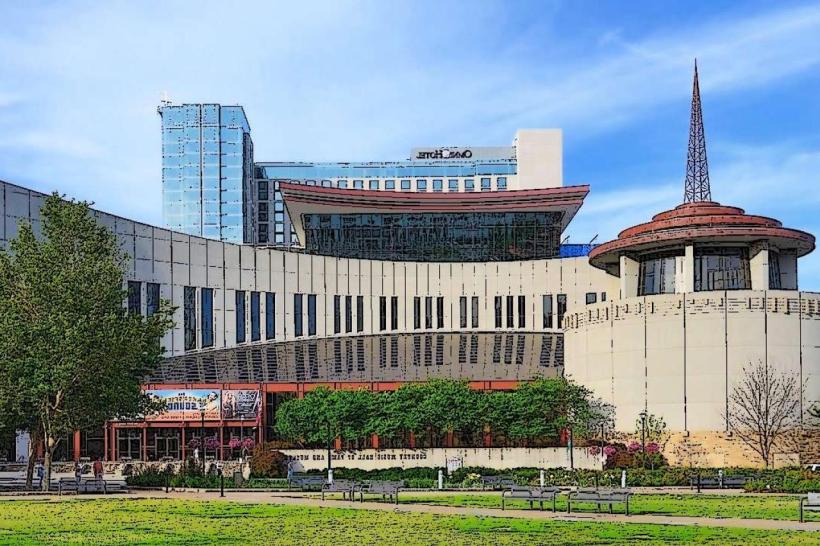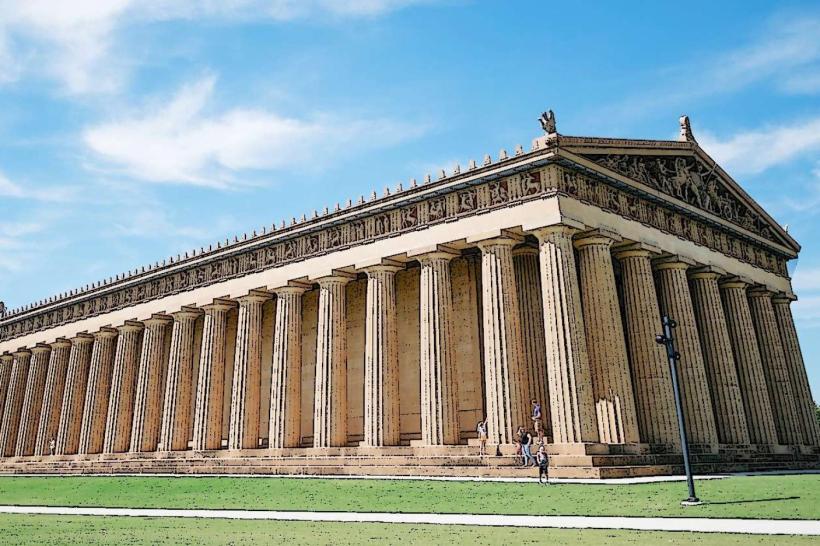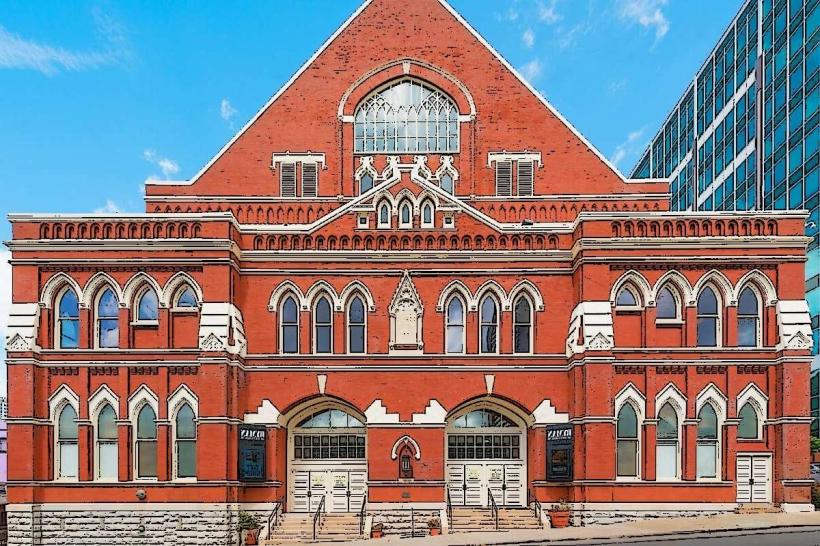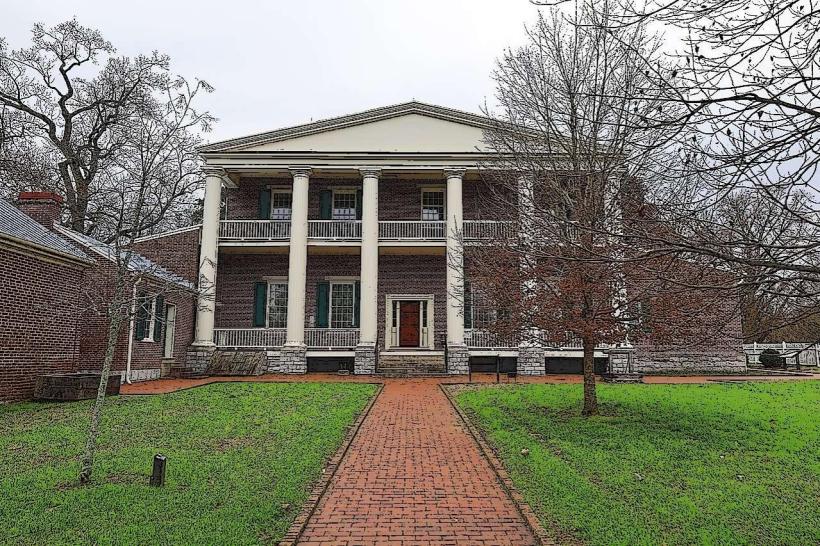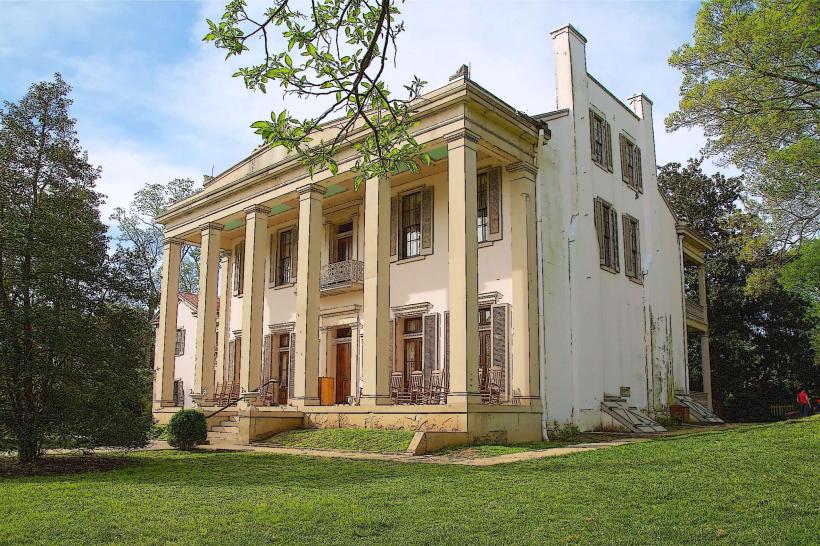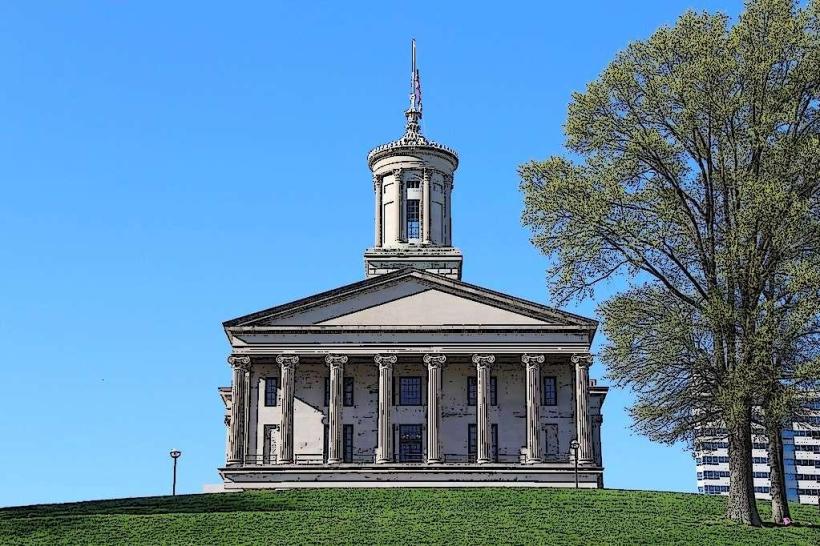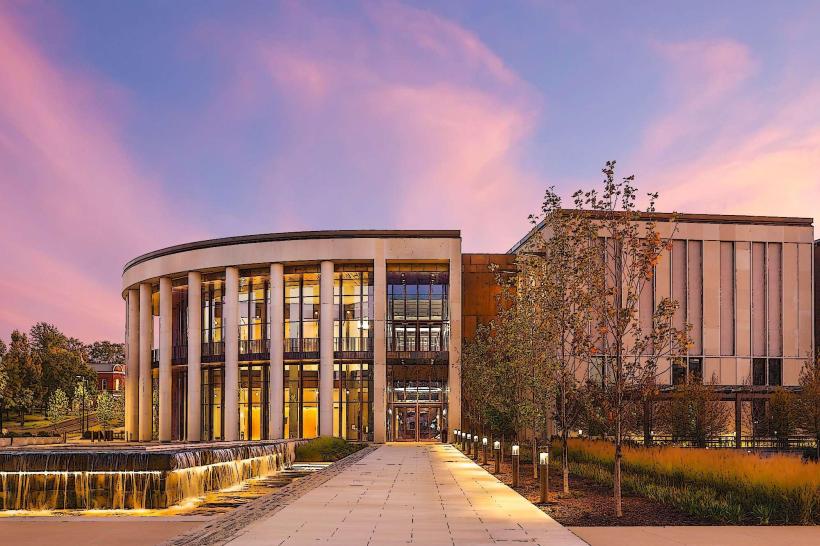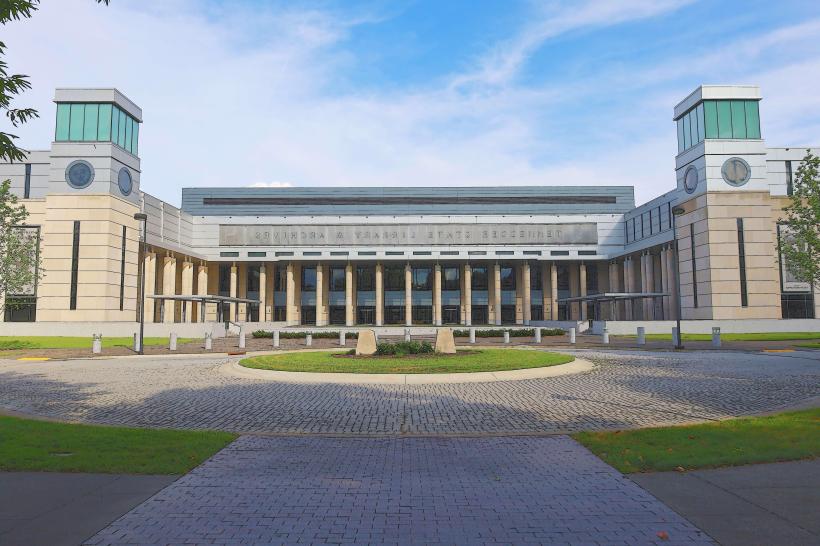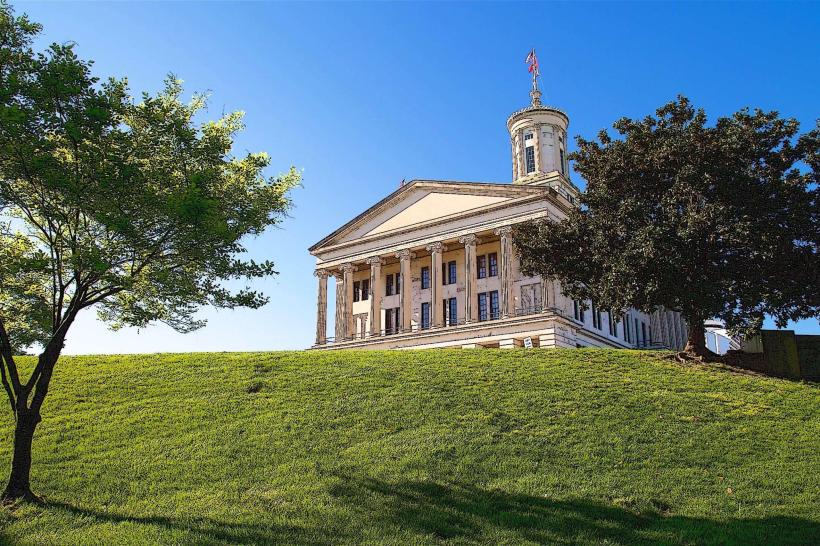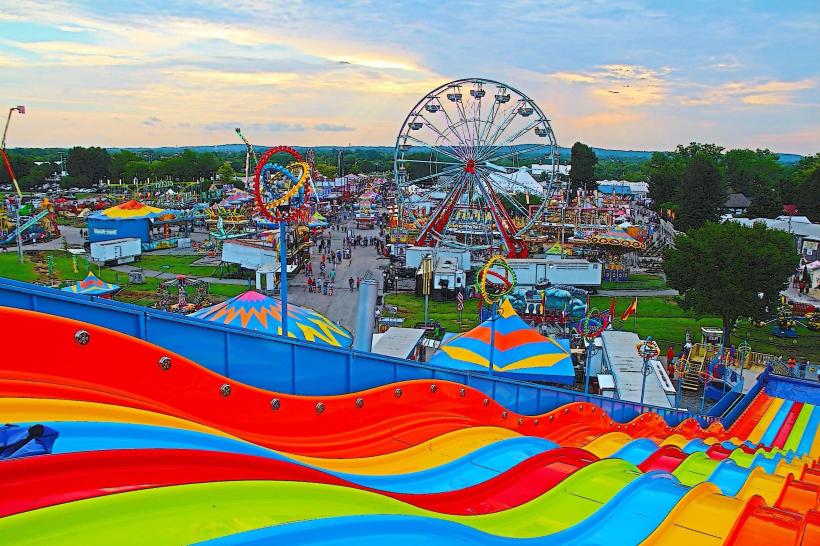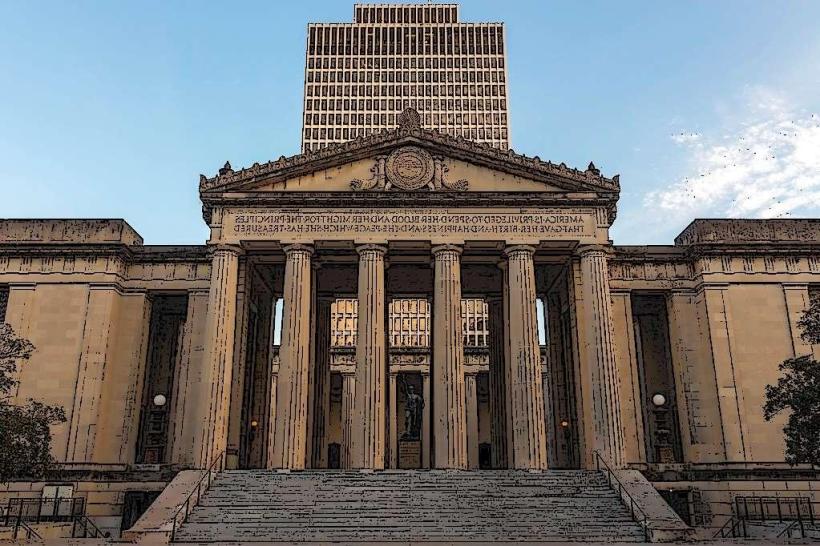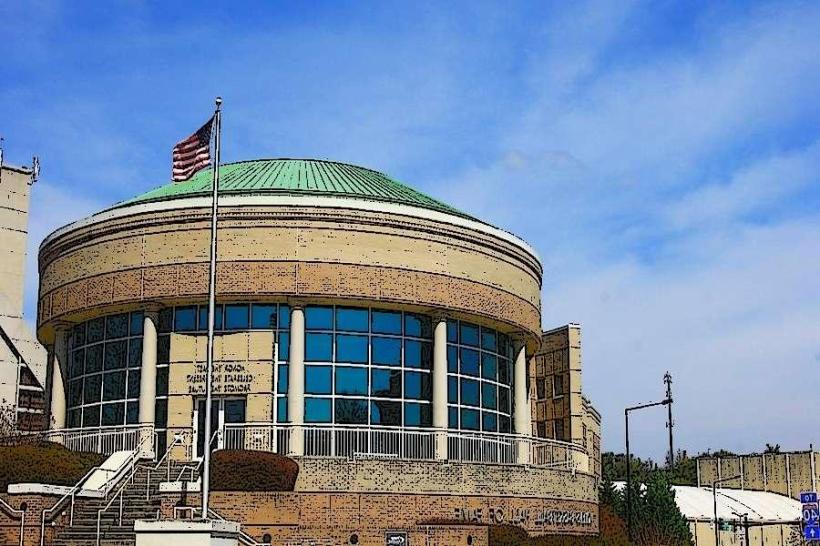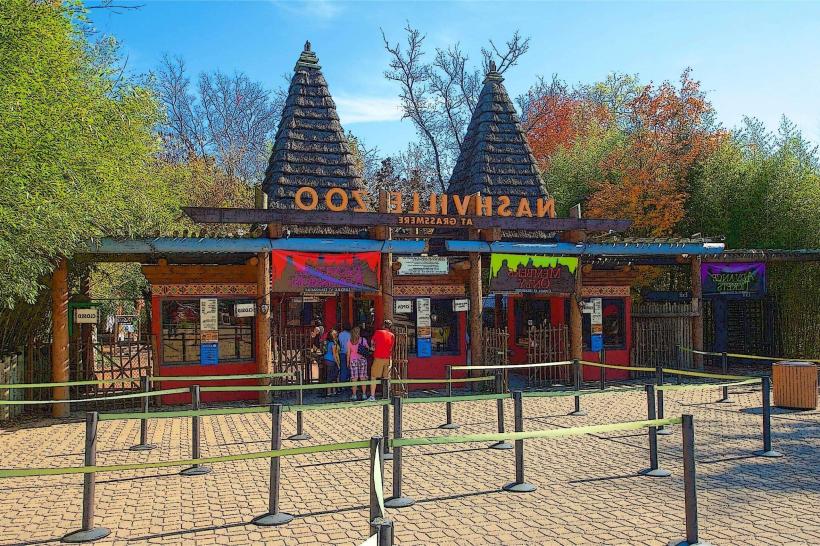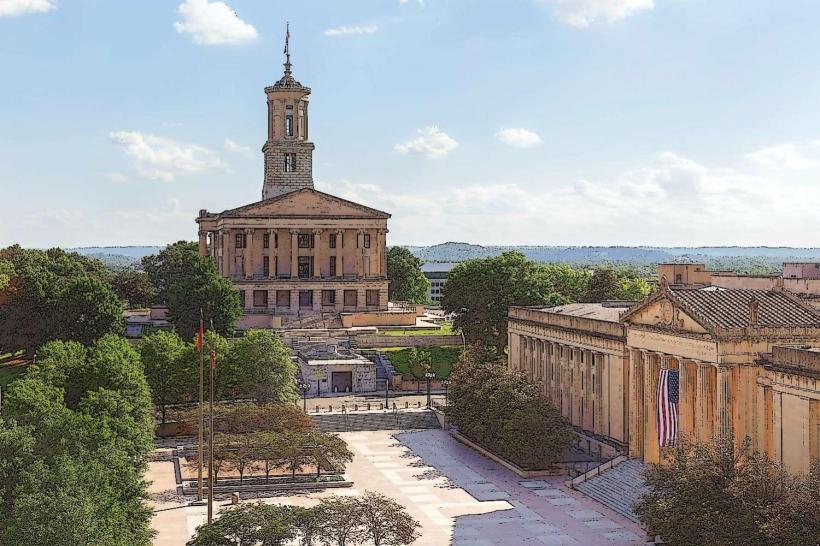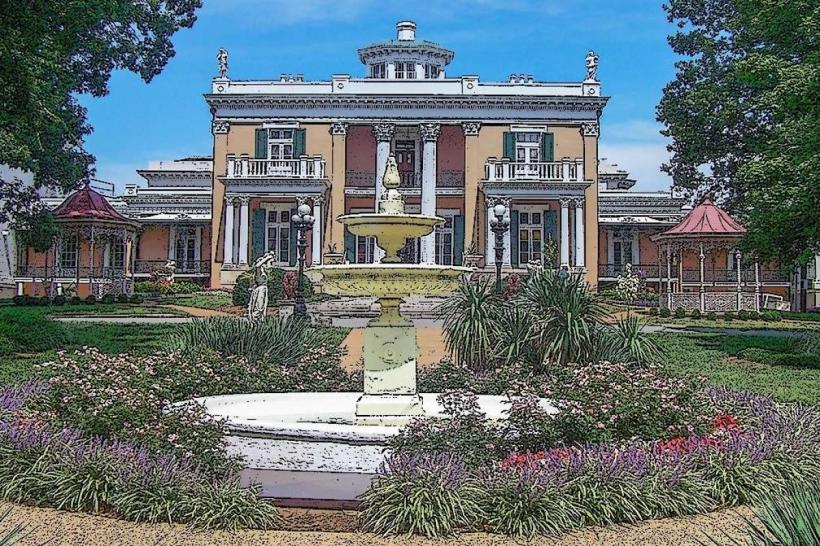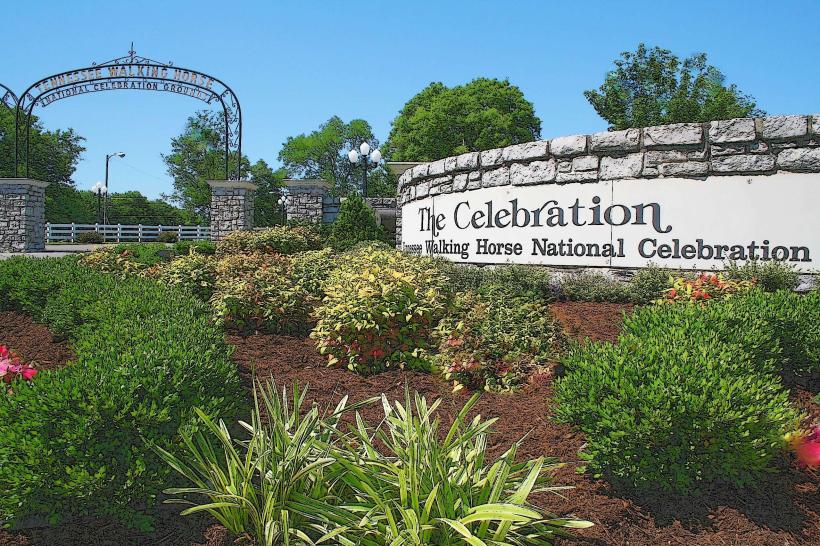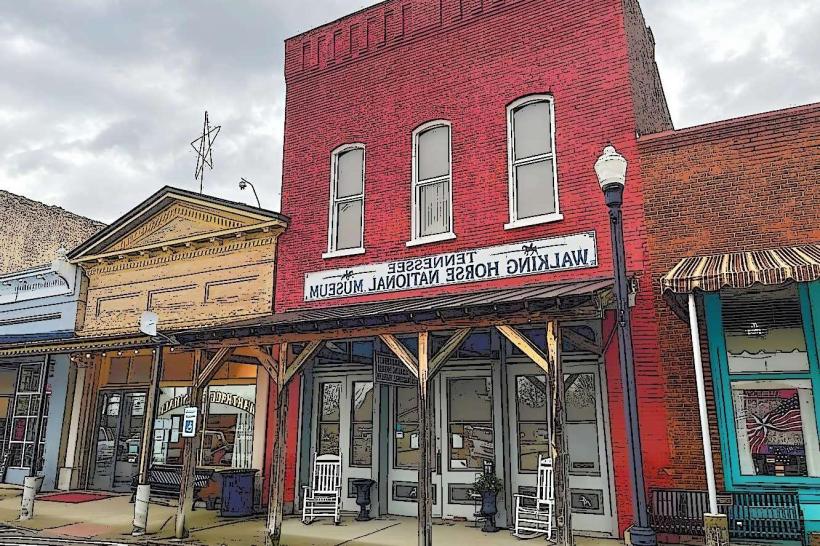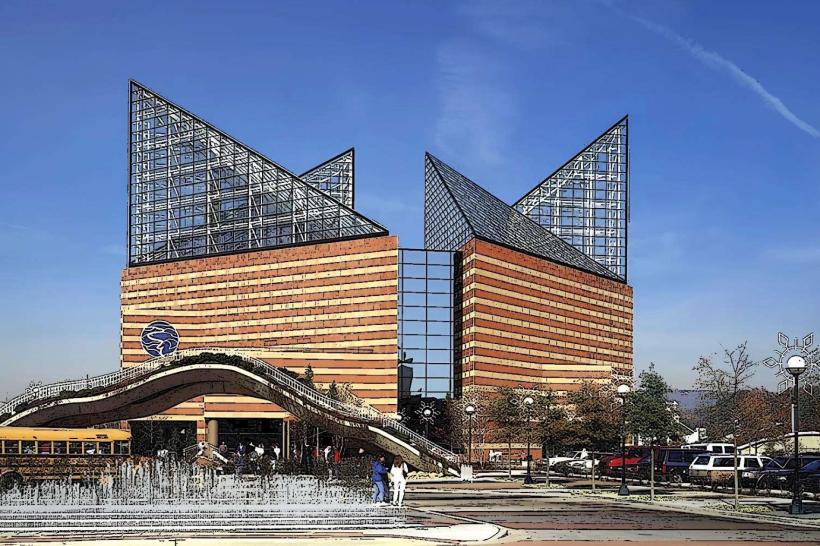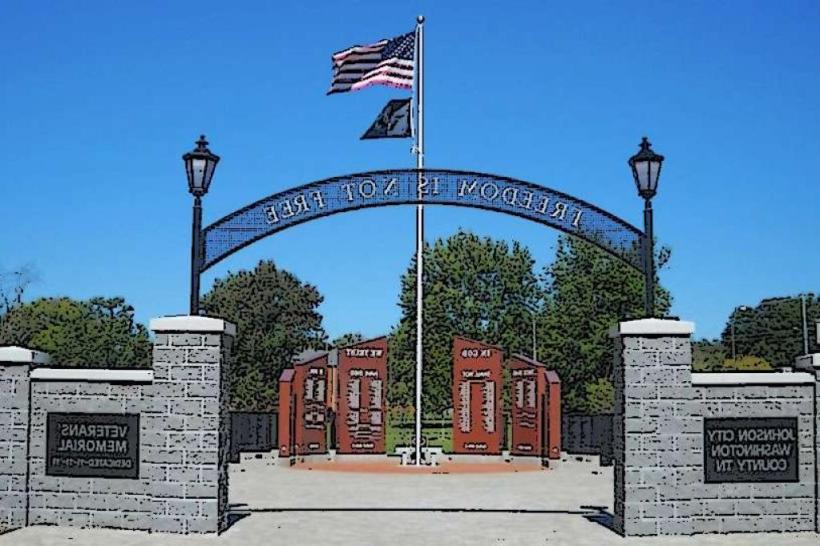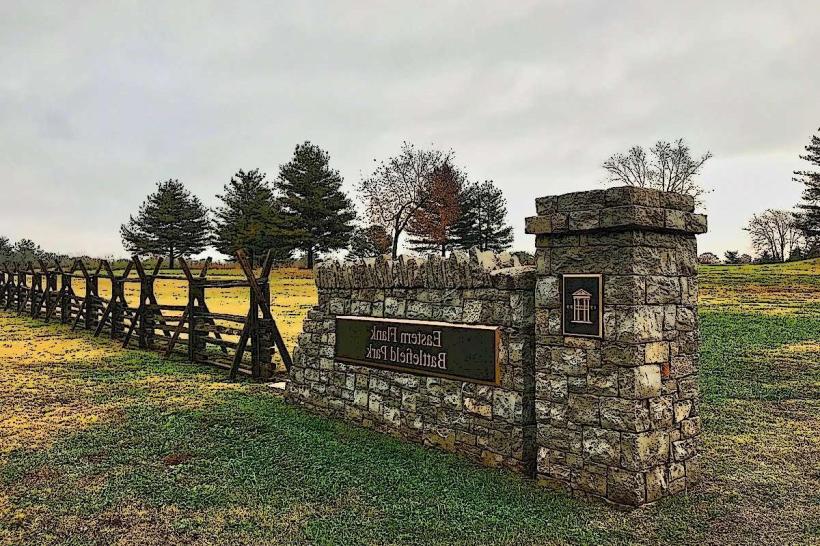Information
Landmark: Nashville Historic DistrictCity: Nashville
Country: USA Indiana
Continent: North America
Nashville Historic District, Nashville, USA Indiana, North America
The Nashville Historic District is a rich tapestry of cultural, architectural, and historical significance located primarily in downtown Nashville, Tennessee. It encompasses several distinct areas, each with its own unique heritage, landmarks, and atmosphere that collectively reflect the city’s evolution from a frontier settlement to the vibrant “Music City” known today. The district is a vital destination for understanding Nashville’s past and present through preserved buildings, historic venues, and lively urban spaces.
Lower Broadway (Honky Tonk Highway)
Lower Broadway is the epicenter of Nashville’s famed live music scene and arguably the most iconic part of the historic district. This bustling, energetic stretch of Broadway Avenue is lined with historic buildings dating back to the late 19th and early 20th centuries. These buildings have been carefully preserved and now house a lively array of honky-tonk bars, music venues, restaurants, and shops.
Tootsie’s Orchid Lounge stands out as a legendary honky-tonk that has hosted some of country music’s biggest stars including Willie Nelson, Patsy Cline, and Loretta Lynn. Its vibrant purple exterior and intimate stage have made it a beloved institution.
The Ryman Auditorium, located just off Broadway, is often called the “Mother Church of Country Music.” This former tabernacle turned concert hall opened in 1892 and has hosted countless famous musicians across genres, including the Grand Ole Opry for many years. Its architecture combines Gothic revival elements with excellent acoustics, preserving its historic charm.
The Johnny Cash Museum, nearby on Third Avenue, contains the world’s largest collection of memorabilia related to the Man in Black, providing deep insight into his life and career.
Lower Broadway remains a magnet for tourists and locals alike, offering live music virtually around the clock in venues ranging from intimate bars to larger concert spaces. The district’s historic facades maintain the authenticity of early Nashville while vibrant neon signs and crowds create an energetic nightlife atmosphere.
Second Avenue Historic District
Second Avenue is Nashville’s oldest surviving downtown district and was originally known as Market Street. Recognized on the National Register of Historic Places, this district showcases a fine collection of 19th-century brick commercial buildings, many with ornate facades featuring Italianate, Romanesque Revival, and Victorian architectural styles.
These buildings were once centers of commerce and trade, and today they have been repurposed as trendy shops, art galleries, restaurants, and entertainment venues.
The historic atmosphere is enhanced by cobblestone streets and vintage street lamps, preserving the ambiance of Nashville’s early urban development.
Second Avenue has a quieter, more refined feel compared to the boisterous Lower Broadway, making it a great place to explore during the day for dining, boutique shopping, and enjoying live music in smaller venues.
The district also holds cultural events and festivals throughout the year, further connecting visitors with Nashville’s heritage.
Fifth Avenue Historic District
The Fifth Avenue Historic District reflects Nashville’s commercial evolution post-Civil War. Originally a residential neighborhood, the area transitioned into a bustling retail center by the late 19th century, known for its clothing stores, furnishing shops, and small businesses.
Architecturally, the district contains buildings constructed mainly between the 1870s and 1890s, exhibiting styles such as Italianate and Classical Revival.
Many of the original storefronts and upper-level residential spaces have been preserved or restored, blending historical authenticity with modern urban uses.
Today, Fifth Avenue supports a mix of retail, dining, office, and entertainment spaces, providing a dynamic environment that respects its historical roots while serving contemporary needs.
This district offers a glimpse into Nashville’s commercial boom era and its shift towards a vibrant downtown core.
Nashville Arcade
Built in 1902, the Nashville Arcade is one of the few remaining covered shopping arcades in the United States and an architectural gem within the historic district. Modeled after European arcades, it features:
A distinctive glass roof spanning the length of the building, flooding the interior with natural light.
Two levels of shops and businesses nestled along a narrow corridor, creating an intimate shopping experience.
The Arcade’s tenants include specialty boutiques, art galleries, cafes, and offices, maintaining its role as a hub of commerce and culture.
Its historic charm and unique design make the Arcade a popular destination for visitors seeking both retail therapy and architectural beauty.
War Memorial Auditorium
The War Memorial Auditorium, completed in 1925, stands as a tribute to Tennessee’s World War I veterans. The building’s Beaux-Arts architectural style is characterized by grand columns, elaborate stonework, and a formal, symmetrical facade.
Inside, the auditorium boasts near-perfect acoustics, making it a favored venue for concerts, theatrical performances, and civic events.
The surrounding War Memorial Plaza includes monuments and statues, such as the “Youth” statue symbolizing victory, which provides a contemplative space commemorating the sacrifices of war.
The auditorium continues to serve as a cultural center and historic landmark within Nashville’s urban fabric.
Additional Context: Parthenon in Centennial Park
While not within the downtown historic district, the Parthenon in Centennial Park is an important Nashville landmark that echoes the city’s cultural aspirations and historical depth.
This full-scale replica of the ancient Greek Parthenon was constructed for the 1897 Tennessee Centennial Exposition.
It now functions as an art museum housing a striking 42-foot statue of Athena Parthenos, representing wisdom and warfare.
The Parthenon embodies Nashville’s nickname, “Athens of the South,” reflecting its commitment to arts and education.
Summary
The Nashville Historic District is a multifaceted area blending music heritage, architectural preservation, and vibrant urban life. From the raucous energy of Lower Broadway’s honky-tonks and iconic venues like the Ryman Auditorium, to the refined brick storefronts of Second Avenue and Fifth Avenue, the district offers a layered experience that tells the story of Nashville’s growth and cultural identity. Historic landmarks like the Nashville Arcade and War Memorial Auditorium add architectural and commemorative depth, while nearby cultural icons like the Parthenon expand the city’s historical narrative. Together, these elements create a dynamic historic district that is essential to understanding Nashville’s unique character as both a historic city and a modern cultural hub.


